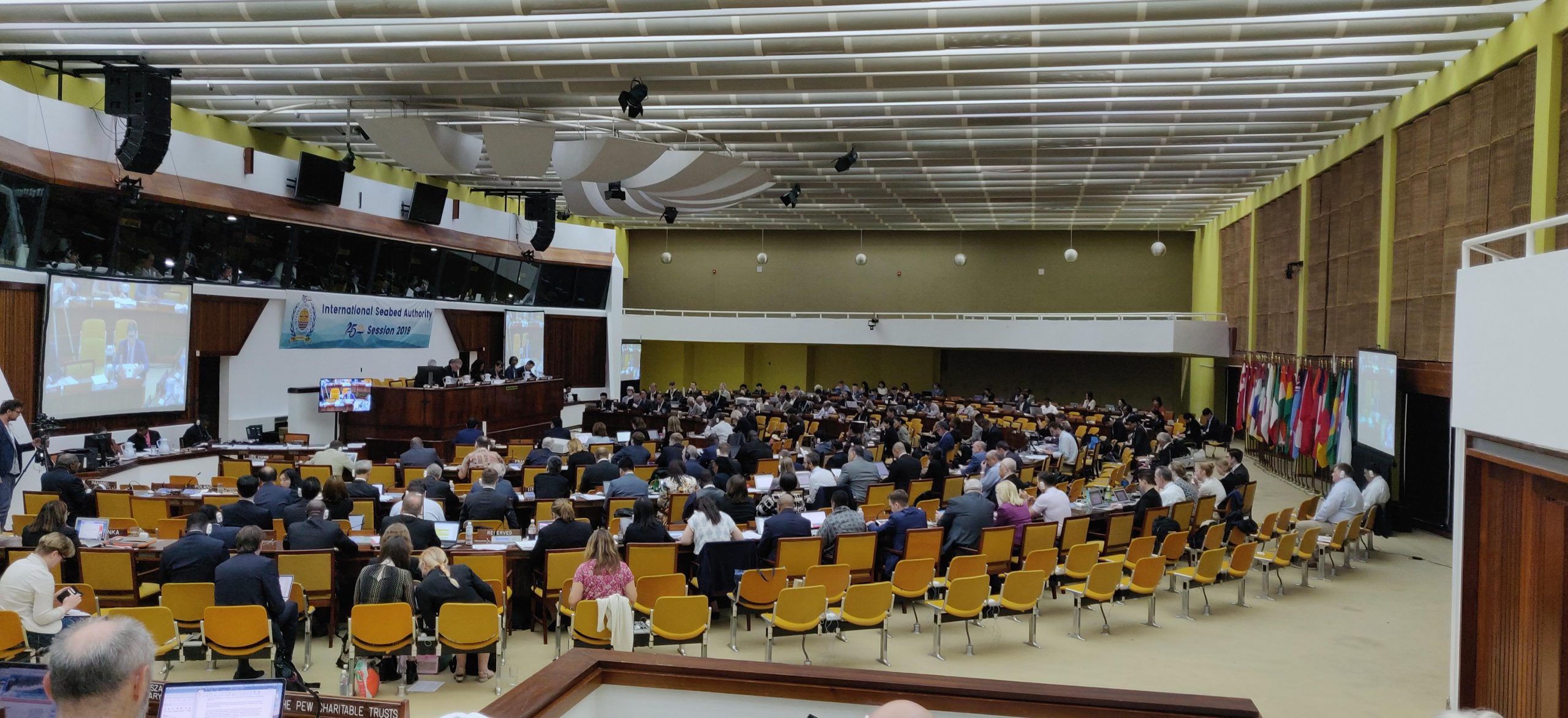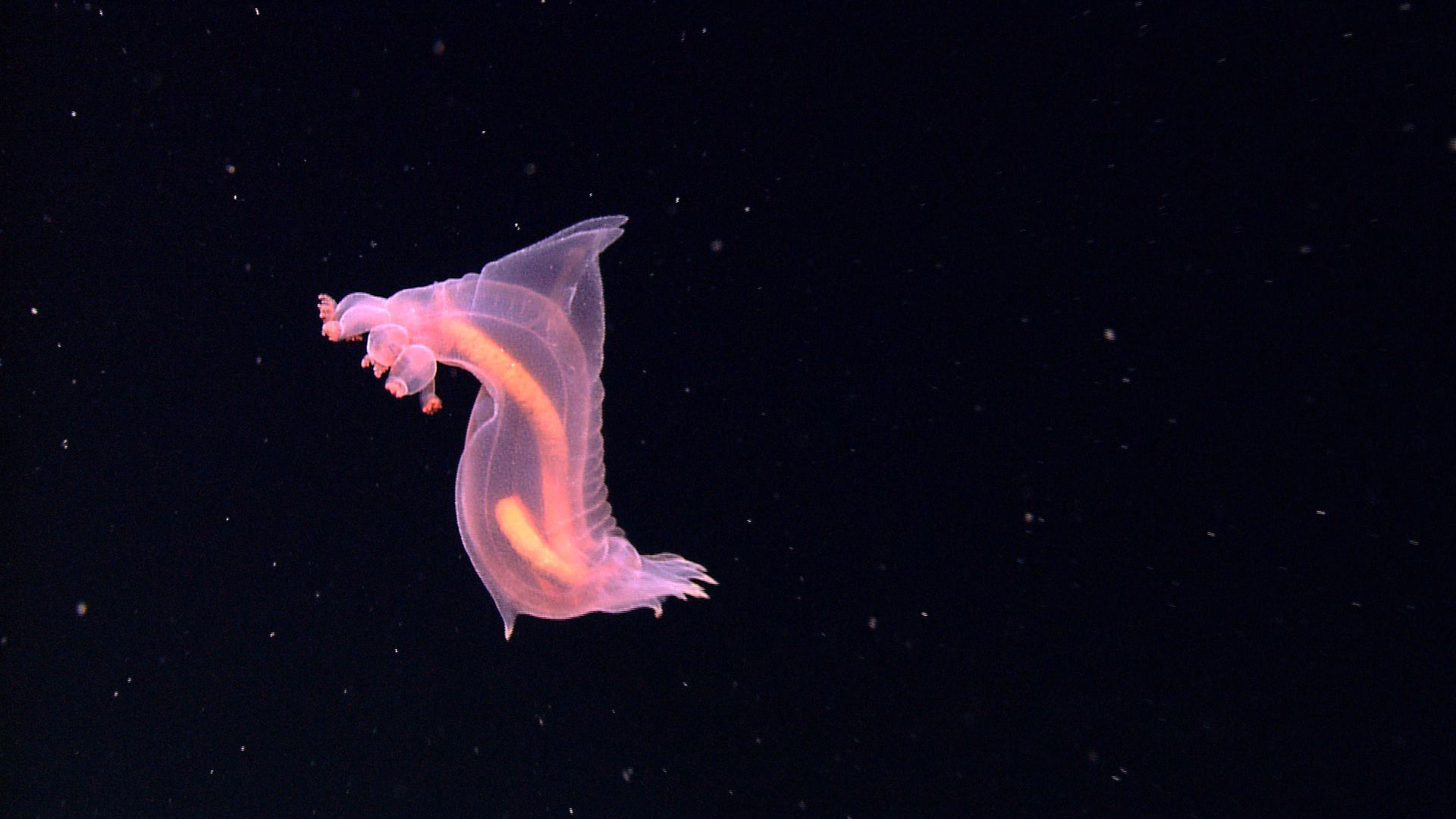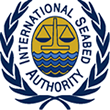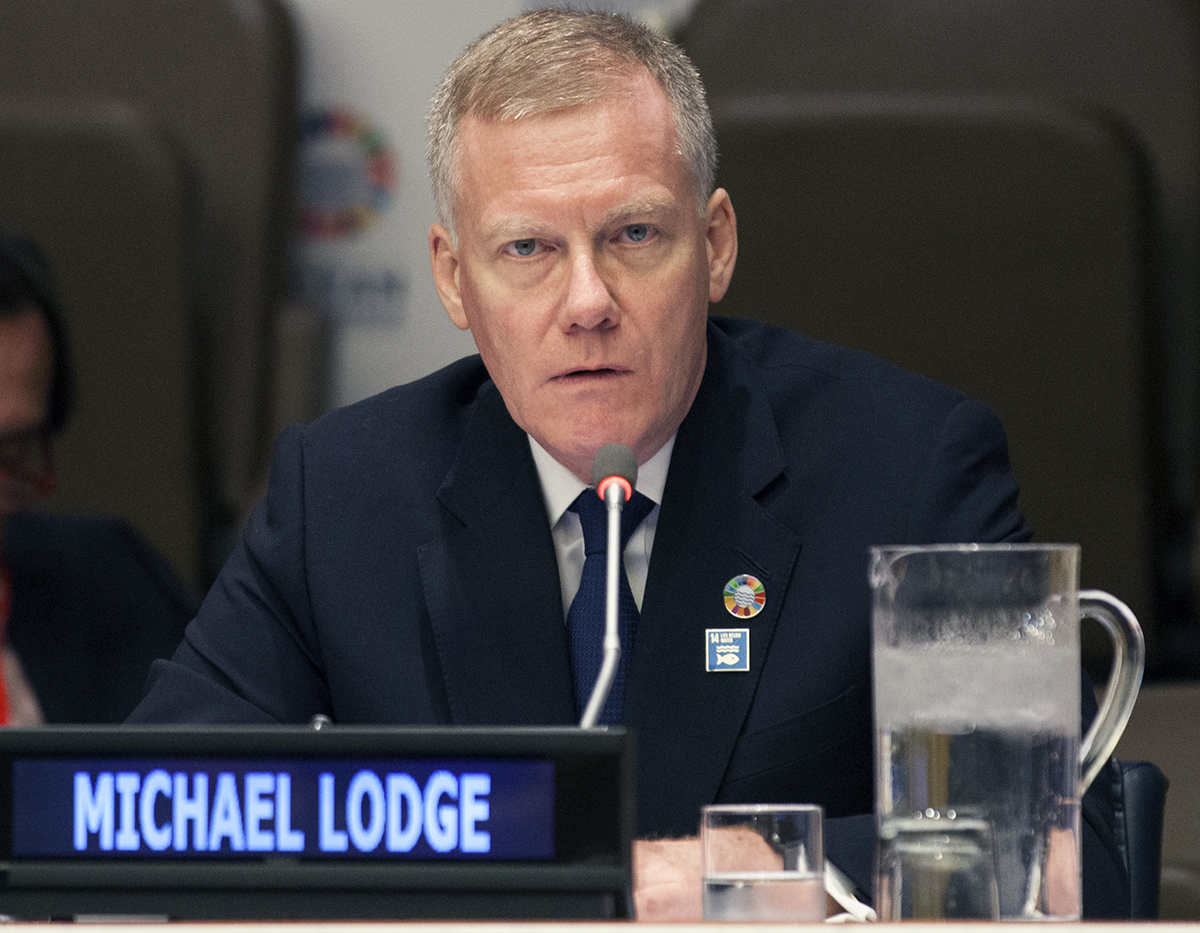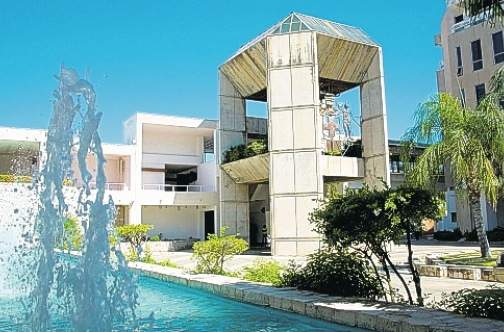Andrew Thaler for the Deep-sea Mining Observer.
The Republic of Nauru turned the deep-sea mining world on its head this summer when it invoked Article 15, colloquially known as the Trigger, starting a 2-year countdown on the finalization of mining regulations for polymetallic nodules in areas beyond national jurisdiction. This countdown means that commercial deep-sea mining could potentially commence within 3 years. But that commencement depends on a suite of benchmarks, both procedural and technological, that have yet to be met.
While Nauru and its deep-sea mining contractor, Nauru Ocean Resources Inc. (a wholly owned subsidiary of The Metals Company), emphasize the urgency of unlocking seafloor metals to accelerate the transition to a fossil fuel-free future, many stakeholders have expressed surprise at what they feel is a premature invocation of a rule designed to prevent oppositional member states from stonewalling progress on a mining code.
The two year clock doesn’t guarantee that a mining code will be complete within that time frame, but rather that either the mining code be finalized or a submitted Plan of Work be considered by the Council based on current and best-available standards and guidelines. Though The Metals Company has stated in the past that it would not support invoking Article 15 unless it was certain it had the backing of the majority of the Council, those political winds could easily change in the next three years, and the Council retains the authority to reject a Plan of Work.
It remains to be seen whether and if a mining code drafted under ticking clock of the two-year countdown will be more or less amenable to the preferences of deep-sea mining contractors and their sponsor states, but initial responses from delegations representing ISA Council members, the Legal and Technical Commission, and observers suggest that invoking Article 15 is just as likely to backfire on the Republic of Nauru and The Metals Company.
The fight over financial regimes
While the debate over the environmental impacts of deep-sea mining dominates the popular press, the environmental regulations are neither the sole point of contention nor the main factor driving disagreement among the Council. The biggest source of frustration among stakeholders is the debate over the financial model, the operationalization of the Enterprise, and how to structure the financial regime for seabed resources held in trust as the Common Heritage of Humankind.
While a handful of member states stand to profit directly from sponsoring mining activities in areas beyond national jurisdiction, the majority of nations expect compensation in the form of royalties, fees, or other payments dispersed to non-sponsor states for access to common heritage resources that belong to the global community. During negotiations, proposed royalty rates have ranged from as high as 20% of mining revenue, a number so high many contractors argue it would make deep-sea mining unfeasible, to fixed fees so low that they would barely cover the costs of sending representatives to ISA negotiations.
The other sticking point in negotiations over the payment regime is how deep-sea mining will impact existing mining-dependent economies. The ISA not only has a duty to oversee the development of deep-sea mining while protecting the marine environment, but also to ensure that the terrestrial mining economies of any developing countries are not adversely impacted by the development of deep-sea mining. The vast majority of countries whose terrestrial mining industries are vulnerable to the development of deep-sea mining are in Africa. In a letter to the ISA Council, the African Group (regional groups often address the ISA on behalf of multiple member states within their constituencies) expressed their grave concerns that this essential component of the ISA’s duty was far from complete:
“[The] financial regime has not been agreed – the African Group has also repeatedly insisted that a prerequisite for any mining in the Area is a financial regime that properly compensates humanity for its resources and land-based miners for their losses. The payment regime remains a subject of intense negotiation, and discussions are yet to open regarding the methods for distributing funds collected.”
Though couched in the stately and careful language of international diplomacy, the frustration is clear.
“If sufficient regulations cannot be agreed upon within two years, the African Group Member States will heavily weigh those priorities yet to be addressed when faced with a decision to consider and “provisionally” approve a Plan of Work.”
Of the 36 member states that comprise the ISA Council and which will be the entity that first votes to approve a Mining Code or any Plan of Work submitted in the absence of a completed mining code under the Trigger mechanism, 10 are part of the African Group for the 2021 and 2022 ISA Sessions, and, though the composition of the 2023 Council has not been finalized, of the 19 member states currently scheduled to serve on the Council, five are part of the African Group.
The challenge before the Legal and Technical Commission
The ISA was initially hopeful that they would be able to convene in person this summer, as vaccination rates climbed and many countries began to get the pandemic under control. A resurgence in infections, driven by the emergence of the Delta variant and new outbreaks among member states, quickly dashed those plans. Though there are tentative plans to attempt to gather in Kingston by the end of the year, no stakeholder, whether member state, contractor, NGO, or observer that we contacted is optimistic that there will be an in-person ISA session in 2021.
These prolonged delays have pushed several bodies within the ISA to their limits. Though they are committed to the work, members of the Legal and Technical Commission, whose terms were extended beyond their initial end date due to the inability to elect new LTC members, have expressed frustration with discussions that are no longer limited to a few weeks of focused, in-person work, but rather a prolonged online process that that is out-of-sync with their local time zones, raising conflicts with employers and interfering with family life for a term of service that many believed would be over by now.
The extant LTC, itself the subject of much discussion during the last in-person ISA session in February of 2020 due to a concern that it did not adequately reflect the geographic diversity of the council, will now be working under additional duress to produce a mining code while the clock is ticking. However, assuming that there will be no additional extensions on the current
LTCs term, it will be a new LTC that ultimately assesses the Mining Code and any Plans of Work.
Environmental NGOs respond
The environmental NGOs who participate in ISA sessions as observers are also adapting to how the invocation of Article 15 will alter their plans for the next few years. “We agree with many of the concerns raised by the African Group, in particular the lack of critically important scientific information on deep-sea biology and ecosystems and that the request from Nauru will likely lead to weak regulations if the ISA tries to finalize and adopt the mining code within two years,” says Matthew Gianni of the Deep Sea Conservation Coalition. “In our view, this is all the more reason for the member countries of the ISA to agree to a moratorium on deep-sea mining and any further development of regulations that would allow the mining to take place until bylaws such as the two year rule, the voting structure and other problematic aspects of the way in which the ISA operates can be reviewed and reformed. We hope to see other ISA members similarly challenge the wisdom of ISA bylaws that have allowed triggering the two year rule – not because the nations of the world have thoroughly reviewed the potential risks of deep-sea mining to the environment and future global metals needs and have thoughtfully concluded that the world must mine the deep sea, but because the Canadian company, [The Metals Company], that owns the Nauru contractor plans to list on the NASDAQ stock exchange and is trying to convince investors that it will get a license to mine for nodules in two years’ time, no matter whether ISA member countries agree to this or not.”
Representatives from The Metals Company declined to provide a comment.
Featured Image: Delegates at the 25th Session of the International Seabed Authority. Photo by author.
